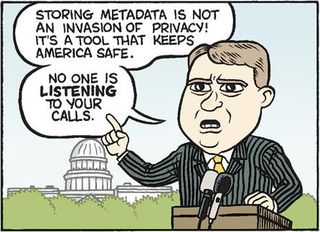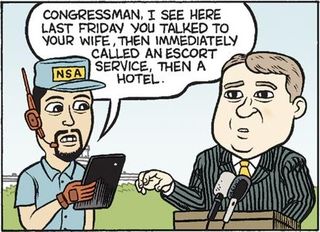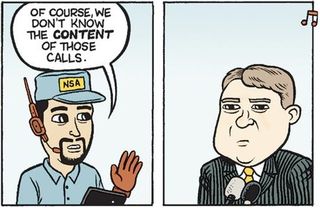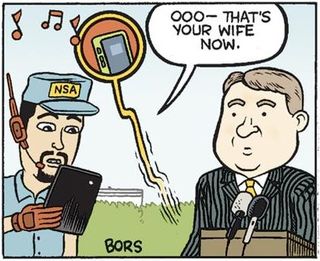
I just took a look through this top page. I've only posted ten times (including this one) in almost an entire year! I've got to try to step up my game, but honestly, it's going to be difficult as I get busier and busier. I'll do my best; in the meantime, here are my upcoming program(s) at the State Bar Annual Meeting in San Diego (I used the (s), because for one program, I'm making a guest appearance but am supposed to be in two places at once!):
* * * * * * * * * * * * * * * * * * * *
Leveraging Technology to Win the Discovery Game: Program 31
Thursday, September 11, 4:15 p.m. – 5:15 p.m.
This is tentative. There's a meeting of the Council of Sections simultaneously with this program and since I will be assuming the role of Co-Chair at the conclusion of the Annual meeting, I need to be there.
I'm hoping to make my way to this session and appear for the last thirty minutes or so. But be warned; if I'm delayed, I might not make it. My colleague, Alex Lubarsky is presenting, so either way, I encourage you to check it out as he's extremely knowledgable.
This program will cover the rules and new technologies governing electronically stored information (ESI). Learn about cutting edge litigation technology advancements that will result in cost savings and streamlined management of ESI.
CLE: 1.0 Hour of Which 0.5 Hour Applies to Legal Ethics
* * * * * * * * * * * * * * * * * * * *
The National Security Agency and Attorney Confidentiality: How to Protect Your Clients: Program 63
Friday, September 12, 2:15 p.m. – 3:45 p.m.
The National Security Agency (NSA) has been heavily featured in the news. While the agency collects our data, how does it use it? This program will address the NSA’s data collection and the unique challenges it presents to lawyers. Learn how to protect yourself and your clients' confidence.
CLE: 1.5 Hours of Which 0.5 Hour Applies to Legal Ethics
As you can imagine, questions about the NSA come up a lot in my presentations when I discuss attorney confidentiality, but with the outright panic I'm starting to see due to all of the misinformation out there, I feel it is time to address the issue in-depth. We're going to spend ninety minutes exploring attorney ethical obligations, what the NSA says they do vs. what they really do and how you can best protect client confidences – hopefully without experiencing a meltdown in the process.
That's it for this year. Hope to see you in San Diego!











